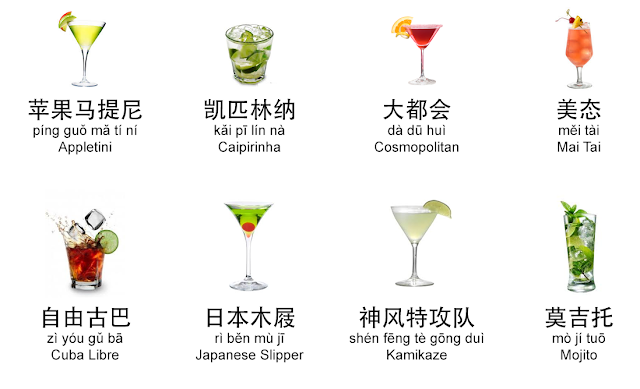著名的作家 – zhù míng de zuò jiā – a famous writer
著名的诗人 – zhù míng de shī rén – a famous poet
小说的重点 – xiǎo shuō de zhòng diǎn – a story’s main point
讽刺封建社会 – fèng cì fēng jiàn shè huì – to satirize feudal society
小说的内容 – xiǎo shuō de nèi róng – a novel’s content





















